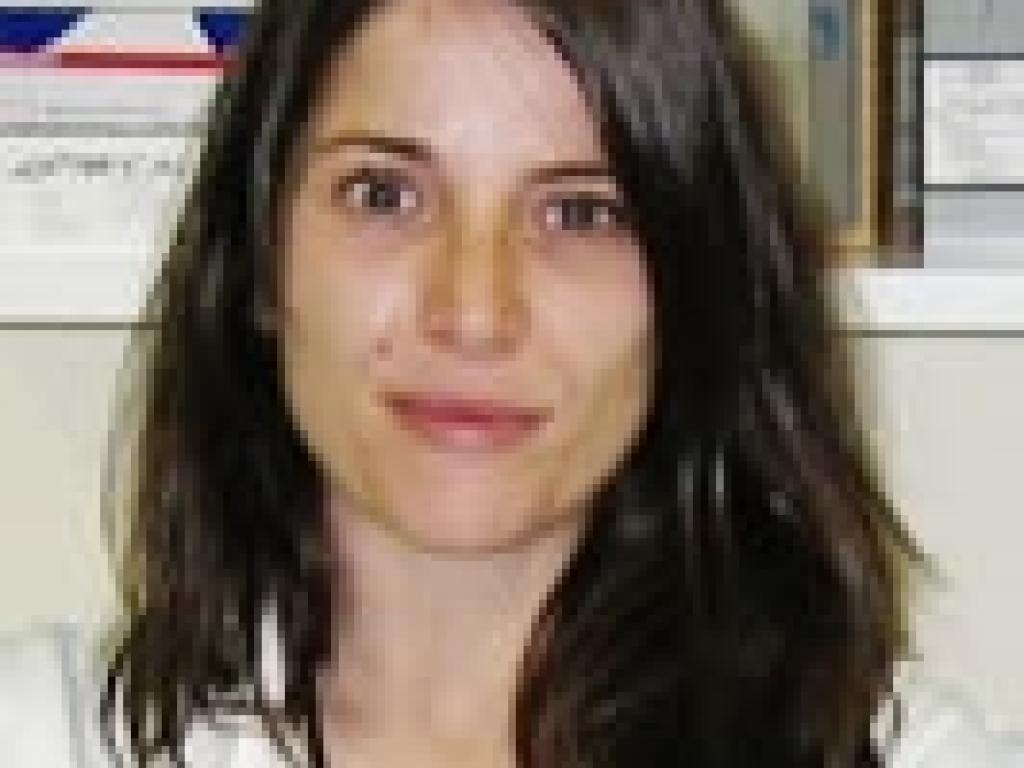EDCTP Senior Fellowship for CIDRI-Africa Contributing Investigator Dr Catherine Riou

CIDRI-Africa Contributing Investigator Dr Catherine Riou has been awarded a five-year European & Developing Countries Clinical Trials Partnership (EDCTP2) Senior Fellowship for her work which will characterise immune responses to Mycobacterium tuberculosis (Mtb), the bacterium which causes tuberculosis (TB).
Mycobacterium tuberculosis frequently exists in the human body in a relatively quiescent form, with no attendant clinical symptoms; this is commonly known as “latent TB”.
In contrast, “active TB” is the form with which many of us may be more familiar: people with active TB of the lungs may have a persistent cough, fever, night sweats and unintended weight-loss. Mycobacterium tuberculosis is also able to infect almost any other body system, from the skin to the heart or the brain.
Catherine previously found that certain attributes of Mtb-specific CD4+ T cells differed between cases of latent and active TB: CD4+ T cells expressing the protective molecule CD153 were especially prevalent in latent TB.
Taken together, the activation, memory maturation or inflammatory profile of Mtb-specific CD4+ T cells could provide both risk progression and disease state signatures. Her work over the next five years will improve understanding of host determinants of TB protection or risk and guide the future development of novel tools for TB diagnosis, treatment response monitoring and identification of those at highest risk of TB.
Catherine completed her PhD at the University of Lyon (France), following which she undertook post-doctoral training in the laboratory of Microbiology and Immunology at the University of Montreal (Canada). There, her work focused on identifying the molecular mechanisms and signalling pathways involved in the persistence of memory CD4+ T cells.
She moved to South Africa in 2007 to conduct collaborative work at the National Institute for Communicable Diseases as a visiting senior scientist. On completion of this one-year collaboration, she decided to stay in South Africa and focus her research on infectious diseases and translational research. She teaches postgraduate immunology courses and supervises Masters, PhD and post-doctoral fellows in the Institute of Infectious Disease and Molecular Medicine in the Faculty of Health Sciences at the University of Cape Town.
Catherine’s project "Deciphering the immunological signature of the TB spectrum from infection to disease" is part of the EDCTP2 programme supported by the European Union (grant number TMA2017SF-1951).
Related news
“A novel factor in the immune control of Mycobacterium tuberculosis: CD153”
